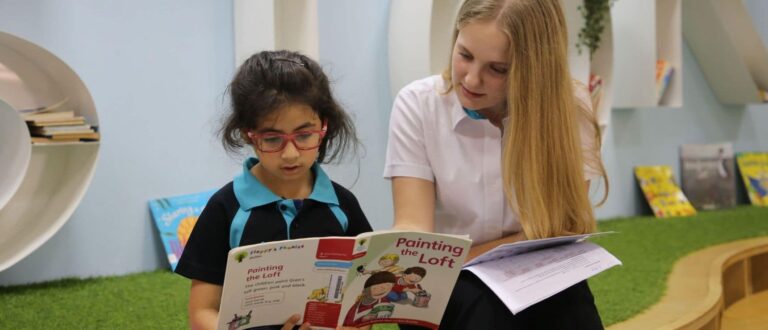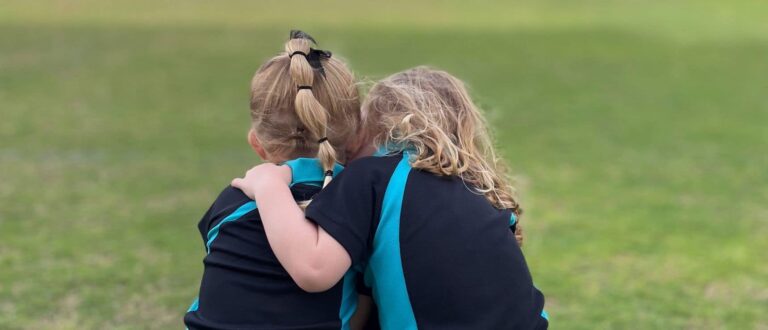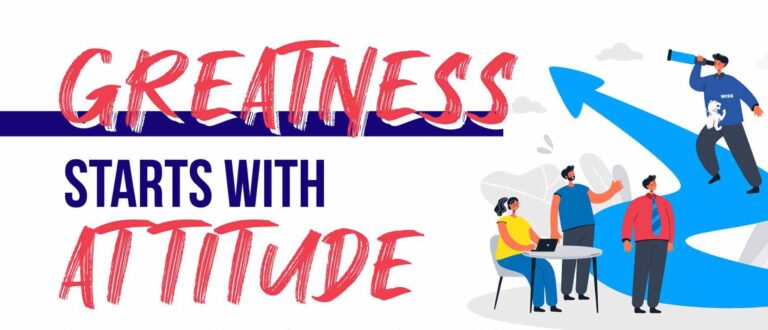How thinking about thinking is the key to success for children and adults alike
Metawhat?
Metacognition. It comes from the Greek meta (μετά), meaning after, and the Latin cognito, meaning knowledge. So, what does it mean and why should parents be tuned in to this concept?
What educators mean when talking about ‘metacognition’ is the ability to be aware of our own thinking processes and the strategies we’ve learned to solve problems in the past. Essentially, it’s knowing how you think. It’s thinking about thinking.
Recent research from the Education Endowment Fund shows that if you teach children how to tap into their thinking processes, they’re far more successful at school. In fact, it’s estimated that it can be worth at least seven months of additional progress every year.
Thinking about thinking
At Nord Anglia, metacognition is central to how we educate our students. We believe we’re setting children up for a lifetime of success when we teach them thinking strategies to not only solve the problems in front of them, but to be able to apply their thinking to other new problems that they haven’t encountered yet.
To break it down, we have a three-step process to teach children how to develop their metacognition (or to think about their thinking).
- Practice being aware.
The first step for a child in understanding their thinking is to be aware of it happening. This could be as simple as having them pause and recognise the type of thinking they’re doing when solving a problem.For example, if they’re busy with a piece of creative writing, they might take a moment to reflect on the cognitive processes they’re using when thinking up a story. Or when met with a maths question, they can pause to consider what kind of thinking they’re using to work out which equation would help them solve the problem. This is being more self-aware and only requires a few moments of self-reflection. - Adapt
This is where children begin to act based on their previous awareness.If they know that they’ve done well in the past by slowing down and using a more logical approach to thinking, they can actively try and use this same approach when solving a brand-new and never-before-seen problem.When children are new to this metacognitive approach, we might begin by encouraging them to use a thinking strategy we provide. As they get better at metacognition, they’ll start to select their own strategy for learning, whether that be making connections between the new problem and what they already know — or considering different viewpoints to get another angle on the problem.Nord Anglia teachers will then often ask students to reflect on how they completed a task and what cognitive processes they used. Through taking ownership of the thinking process and actively reflecting, our students start building a toolkit of thinking strategies they can use and apply in lots of different ways and in different situations.
- Apply
Once children have learned a range of different thinking strategies and practiced them in different situations, they’re ready to apply them to new and different problems — using that toolbox of “thinking skills” to complete new, unusual, more complex and real tasks.Most of us already do this without realising. Maybe you’re learning a topic from scratch, or maybe you’re tasked with developing a strategy at work for a new project. Or maybe you’ve only got a handful of ingredients left and you need to cook a meal for your family.It’s at this point in the metacognitive process that you take those previously learned thinking skills and apply them to the new challenge. What’s worked before? How have I taken on challenges like this in the past? What was similar in that situation to what I’m dealing with now?This is metacognition — and our job at Nord Anglia is to deliberately and explicitly teach all our students to recognise and get better at doing this.
How to support metacognitive development at home
This process is something that can be replicated at home through conversation. In fact, you’re probably already having these conversations with your child — about school and what they’ve learned, what their favourite subjects are, etc.
- Encourage reflection: Encourage your child to reflect on their learning experiences by asking deliberately open-ended questions such as, “What did you learn today?” or “How did you approach that problem?” This helps them develop the habit of thinking about their own thinking.
- Teach goal setting: Sometimes when our children are taking on big tasks, it can overwhelm them and make thinking clearly a bit difficult. One way to approach this is through goal setting. This could be breaking a task down into achievable steps. With an essay you could say, “Well, I just need to find 10 good pieces of research. Then I just need to turn them into five explained points. Then I just need to write an introduction and a conclusion. Then I just need to edit it all and I’m done!”
- Model metacognitive thinking: Be a role model by openly discussing your own thinking processes. Share your own reflections, strategies, and problem-solving approaches with your child. This will help them to understand the importance and usefulness of metacognition. Remember, students who do this are proven to be more successful at school.
- Provide feedback: Offer constructive feedback that focuses on the thinking process rather than just the final outcomes. Highlight and praise your child’s metacognitive skills such as their ability to plan, monitor, or adjust their strategies. This helps reinforce and validate their efforts in developing metacognition and the value it holds.
It’s important to practice this when your child is young and just as vital when they’re teenagers. When they’re small, they might be able to use a knife and fork and tie their shoes, but we also need to teach them the skills of being an adult, including how to adapt to new situations, be independent, and be aware of what motivates them.
Metacognition and Generation Z
More and more, young people are recognising the importance of these metacognitive skills. Nord Anglia’s recent research into the skills Gen Z sees as important showed that 1 in 5 young people saw “understanding or being self-aware of how I learn best and why” as vital for success in their professional lives.
That’s why it’s at the centre of our educational offer — equipping young people with not only the skills, but also the agency to become successful learners for the rest of their lives.
Awareness, adaptation, and application. Metacognition is a simple and proven way to help children be more successful at school. Give it a try!







